News
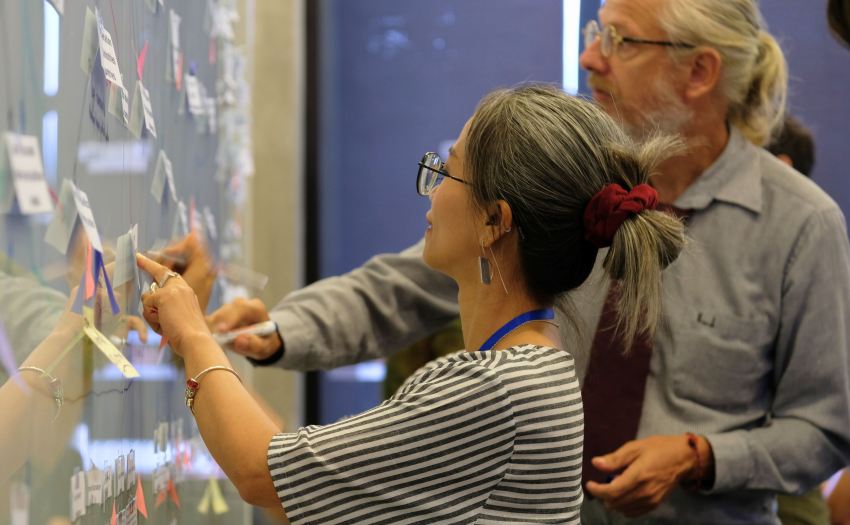
SEAES regional workshop: science/society dialogue to benefit aquatic ecosystems
The second edition of the SEAES workshop - IRD's regional Scientific and Strategic Steering Committee (SSSC) in Thailand - was held in Bangkok from June 17 to 20. The event brought together nearly 130 stakeholders from all over Southeast Asia, with one main objective: to identify priority issues related to water cycles and governance, and to co-construct concrete collaborative products on a regional scale.
Nearly 130 stakeholders from 52 institutions (academics, policy-makers, non-governmental, governmental and intergovernmental organizations, development and civil society agencies, associations...) from the region (Cambodia, Indonesia, Laos, Myanmar, Philippines, Thailand, Timor-Leste, Vietnam) and from France and overseas gathered to actively participate in the SEAES (Southeast Asia Environmental Systems: Climate, Global Health, and Resources & Livelihoods in aquatic socio-ecosystems) workshop.
Organized in partnership with Chulalongkorn University, the French Embassy in Thailand, AFD and the SEI, this event was part of the Year of the Sea 2025 "La Mer en Commun" (The Sea in Common) launched by the President of the French Republic, the 170th anniversary of diplomatic relations between France and Thailand, and the 40th anniversary of the IRD in Thailand.
Aquatic ecosystems in Southeast Asia: environments under pressure
Southeast Asia's aquatic socioecosystems - encompassing rivers, deltas, coastal zones and oceans - are under increasing pressure from rapid urban and industrial growth, climate change, pollution and unsustainable resource exploitation.
Characterized by a tropical climate, transboundary rivers and vast coastal and deltaic zones, Southeast Asia is increasingly vulnerable to a tangle of environmental and socio-economic challenges: heavy dependence on aquatic resources (fishing, agriculture, transport), marked exposure to natural hazards exacerbated by climate change (flooding, sea-level rise, storms), and growing human pressures (pollution, urbanization, overfishing, intensification of tourism, industrialization).
These challenges threaten both the ecological integrity of aquatic systems and the livelihoods and well-being of millions of people who depend on them. Their shared vulnerabilities highlight the urgent need for coordinated, sustainable and science-based management strategies.
The SEAES workshop: for enhanced regional cooperation
After a first edition organized at the Hanoi University of Science and Technology (USTH) in Vietnam in 2023, which brought together over 80 scientists, the second SEAES workshop was held at Chulalongkorn University in Bangkok. The aim of this new edition was to bring together all the players involved in Southeast Asia around these issues, in order to reinforce the role of science as a driving force behind innovative, inclusive and sustainable solutions, and to promote a science/society dialogue in support of the development of regional research and training projects.
Structured around three central, interconnected themes - climate, global health, resources and livelihoods - the four-day CPSS was designed as a dynamic workshop fostering transdisciplinary, multi-stakeholder dialogue. It combined scientific presentations by researchers from a wide range of backgrounds, round-table discussions bringing together cross-sectoral panels, and strategic co-design workshops designed to mobilize everyone's knowledge and networks.
Photo credit: © Chulalongkorn University
 1
1
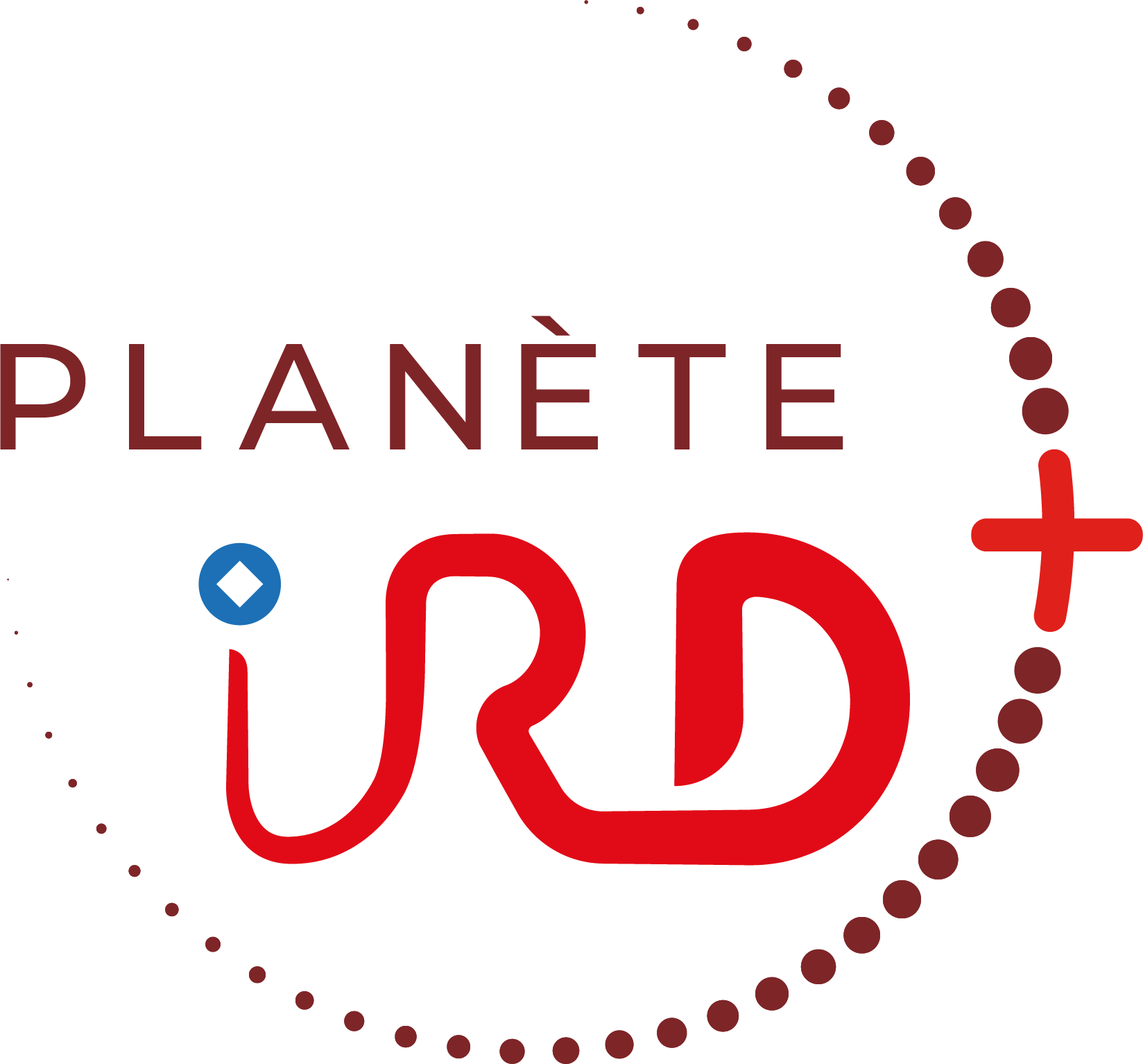

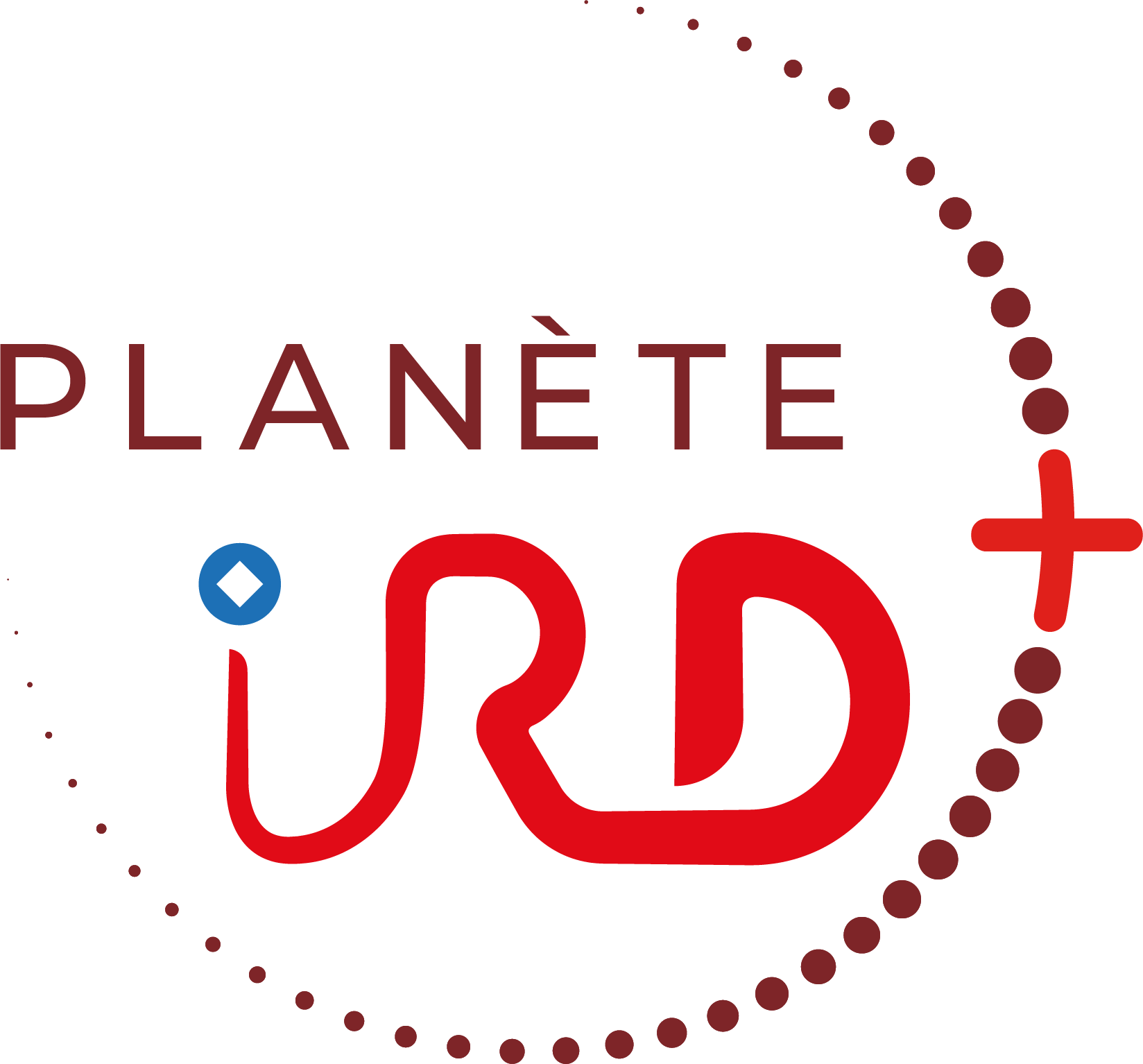





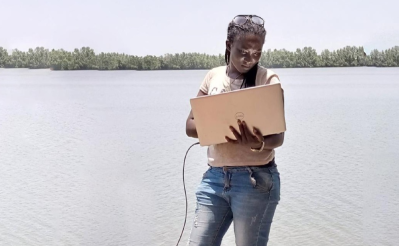
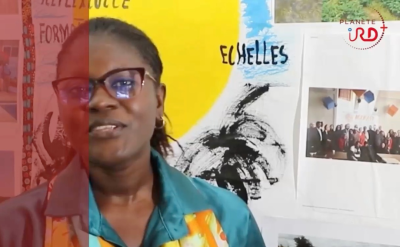
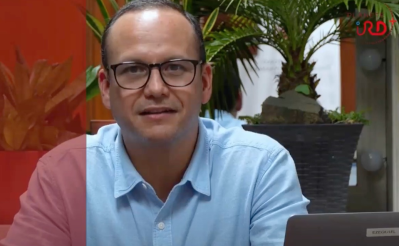


No comment
Log in to post comment. Log in.